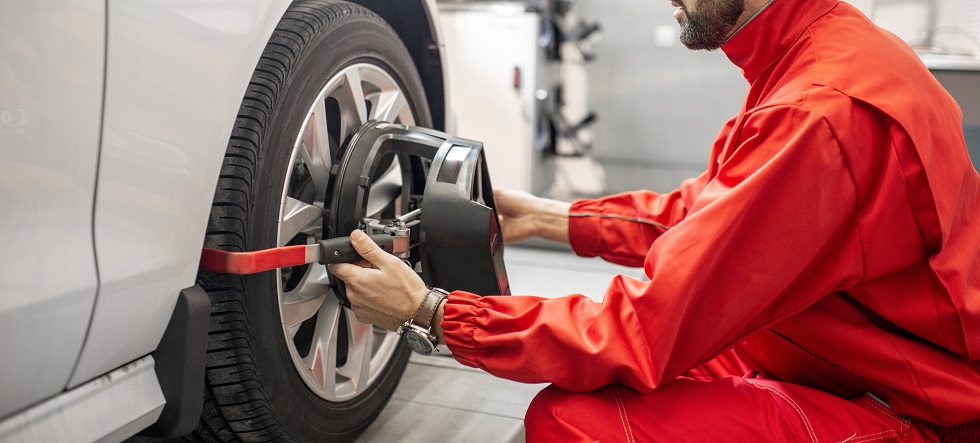All Categories
Featured
A well-maintained engine is the essential to your car's longevity and height efficiency. Normal engine tune-ups not just improve fuel performance yet additionally decrease the probability of unforeseen failures. Whether you're an automobile enthusiast or a person that merely intends to avoid pricey repair services, these engine tune-up suggestions will keep your vehicle running like a desire.

- Replace the Flicker Plugs. The stimulate plugs fire up the air-fuel mixture in your engine, and their efficiency directly impacts engine efficiency. Gradually, trigger plugs can break, causing misfires, lowered fuel economic climate, and sluggish velocity.
During a tune-up, evaluate and replace ignition system if they show indicators of wear, such as soot build-up, rust, or cracks. Depending upon your lorry, ignition system may need to be replaced every 30,000 to 100,000 miles.
- Evaluate the Ignition System. Your cars and truck's ignition system, which includes the ignition coils, distributor, and wires (if applicable), is accountable for supplying the trigger that powers your engine. Faulty ignition parts can cause starting concerns and harsh engine operation.
Look for damaged or worn parts and replace them throughout your tune-up. Making certain a healthy ignition system will certainly boost engine dependability and efficiency.
- Tidy or Replace the Air Filter. A clean air filter enables your engine to "take a breath" correctly by making sure a consistent circulation of tidy air. With time, dust and debris can clog the filter, decreasing air movement and influencing gas performance.
Inspect the air filter during a tune-up and change it if it's dirty. For vehicle drivers in dirty or contaminated locations, air filters might need to be transformed more regularly.
- Inspect and Tidy the Gas System. The gas system, including the fuel injectors, fuel pump, and fuel lines, can build up deposits gradually, minimizing gas distribution and engine performance. Use a gas injector cleaner or have your system skillfully cleansed throughout a tune-up to bring back proper functionality.
Consistently keeping your gas system makes certain better combustion and optimizes your engine's effectiveness.

- Change the Engine Oil and Oil Filter. Engine oil is essential for lubrication, air conditioning, and minimizing rubbing between relocating components. In time, oil degrades and builds up particles, shedding its efficiency.
During a tune-up, replace the engine oil and oil filter. Complying with the manufacturer's recommendations for oil kind and modification intervals is critical to keeping your engine in ideal problem.
- Evaluate the Belts and Hose pipes. The belts and hoses in your engine area play essential functions in powering elements like the alternator, water pump, and a/c system. Deterioration over time can bring about fractures, fraying, or leakages.
Examine the problem of belts and hose pipes throughout your tune-up and change any that reveal signs of damage. Proactively dealing with these concerns can protect against pricey repairs and unanticipated failures.
- Examine the Battery and Electric System. A weak or failing battery can leave you stranded. During your tune-up, examination the battery's voltage, evaluate the terminals for corrosion, and make sure the connections are limited.
Furthermore, have the alternator and starter examined to guarantee they're functioning correctly. Dealing with electrical system concerns early can save you from bothersome shocks.
- Inspect the Cooling System. The cooling system stops your engine from overheating, which can trigger severe damage. During a tune-up, examine the radiator, hoses, and water pump for leakages or use.
Flush and replace the coolant if it's filthy or has actually exceeded its recommended solution life. Appropriate air conditioning system upkeep helps your engine operate within its optimum temperature level array.
- Address Dashboard Caution Lights. Modern vehicles are equipped with sophisticated diagnostic systems that brighten cautioning lights when concerns emerge. If your control panel displays any alerting lights, such as the check engine light, resolve them during the tune-up.
A specialist auto mechanic can make use of analysis devices to determine and deal with the issue, preventing tiny issues from rising.
- Maintain Your Engine Clean. A tidy engine runs cooler and is less complicated to inspect for prospective issues. Get rid of dust, grease, and crud from your engine bay during a tune-up. Make use of a degreaser and a mild brush for cleaning, and stay clear of spraying water directly on electrical parts.
Final Thought: Tune-Ups Are the Trick to Engine Longevity. Regular engine tune-ups are an investment in your vehicle's health and wellness, performance, and effectiveness. By replacing used components, cleaning essential systems, and dealing with problems early, you'll ensure your automobile continues to be reliable for many years to come. Whether you're taking on the tune-up on your own or taking your auto to a relied on auto mechanic, following these pointers will certainly maintain your engine performing at its best and help you stay clear of unanticipated repairs. A well-maintained engine doesn't simply conserve you cash-- it assures satisfaction when traveling.
Latest Posts
Join WyHy FCU – Exclusive Benefits for Your Financial Success
Join WyHy FCU – Top Benefits for Your Financial Future
Discover Cost-Effective Auto Repairs with Montclare’s Monthly Service Specials
More
Latest Posts
Join WyHy FCU – Exclusive Benefits for Your Financial Success
Join WyHy FCU – Top Benefits for Your Financial Future
Discover Cost-Effective Auto Repairs with Montclare’s Monthly Service Specials